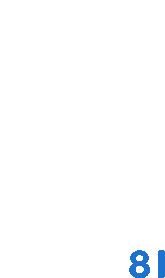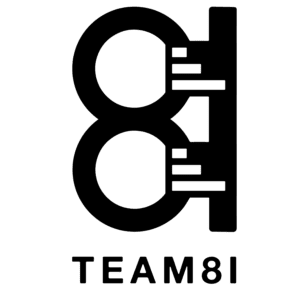As project management grows in scope and complexity, it requires an increasingly sophisticated set of tools and technologies. Whether in construction, advertising, or software development, project managers have to achieve various goals and objectives while maintaining innumerable moving parts.
With the rise of various frameworks and methodologies for project management, managers have to work within certain constraints, templates, and processes that require dedicated tools. Frameworks such as Agile, Waterfall Model, PRINCE2 Methodology, and the Critical Path Method are a few of the many process and planning methods currently in use.
Innovative project management technologies are of tremendous value to organizations, whether for planning, cost analysis, tracking, collaboration, or just providing an overview of where things stand. In a professional setting, project management tools are becoming indispensable as their many benefits prove vital to organizations of all sizes.
Key Benefits of Implementing Project Management Technologies
● Enhanced Planning & Scheduling
Project management technologies help managers create a consistent management plan, prioritize tasks to be delegated, allocate resources, and set deadlines. It helps visualize the project’s planned outcome to track against variances.
● Improved Collaborations
Project management tools help improve collaboration among team members and clients. With a uniform flow of all data, information, and communications, all relevant parties will stay in the loop for any new development.
● Effective Task Delegation & Allocation of Resources
The manager can allocate tasks and resources to the team members efficiently. There are personalized settings for automatic deadline reminders to ensure smooth and effective communication within the team.
● Simplified File Access & Sharing:
The team members can access and share various files through a single platform. Corrections and remarks can be made to the files which helps maintain transparency within projects.
● Risk Management
Project management tools provide a bird’s eye view of all possible risks and pitfalls including identifying ways to mitigate them. They look into both the micro and macro aspects of the project and put forward improvement methods.
● Quality Control
A high-quality project management tool helps create excellent project deliverables.
It also keeps track of client communication, documentation, and reporting.
● Budget Management
The managers can keep track of the various costs incurred and allocate the money accordingly. It helps the team members become financially responsible for their work.
● Effective Internal & External Communication
Project management tools provide an integrated platform for communication between team members, stakeholders, and clients. The clients can log in, view relevant data, provide feedback, and more.
● Enhanced Customer Satisfaction
Clients and stakeholders can be confident in quality assurance because they are provided with real-time updates about their project status. Clients feel satisfied when their projects are completed in a timely, budget-friendly manner. Project management tools help maintain and deliver quality services to loyal customers.
Conclusion
Project management tools are a creative approach to making work viable and responsible. It enhances employees’ productivity and helps scale projects promptly without lacking in quality.
The use of sophisticated project management tools is, in some ways, an extension of the digital transformation trend sweeping through organizations worldwide. If you’re unsure where to start, agencies like Team81 provide a turnkey service for digital transformation, allowing you to enhance your business processes and operations substantially.


